'There is little doubt that India's tobacco epidemic is contributing to its TB epidemic,' says Neil W Schluger.
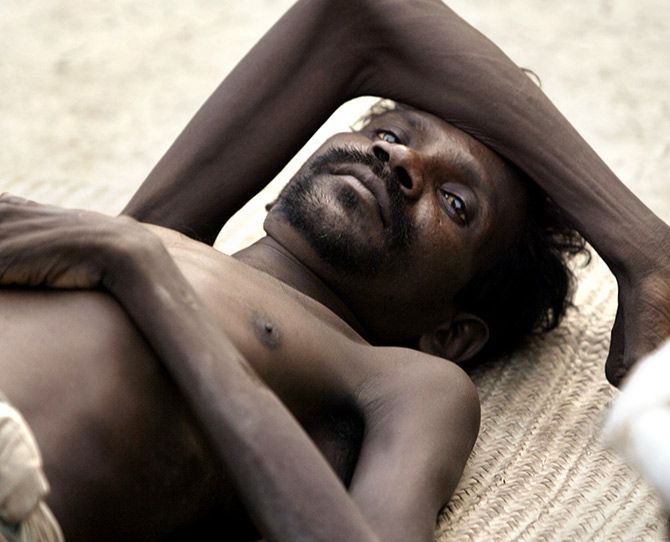
India's government is aiming to eradicate tuberculosis from India by 2025, five years ahead of the global TB elimination target of 2030.
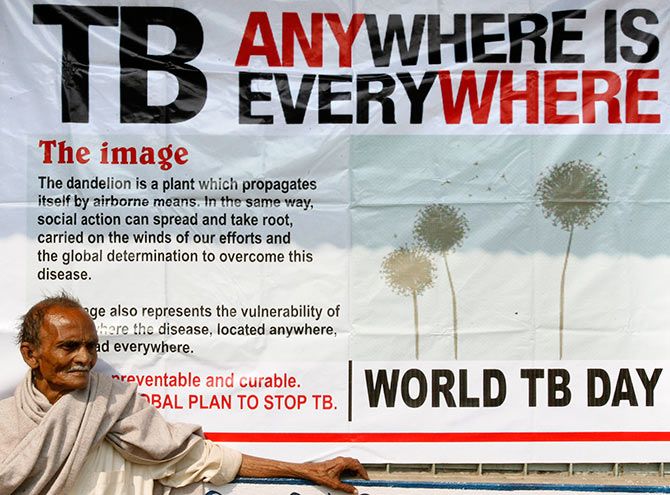
It is a worthy goal that will bring significant health and economic benefits: TB killed 432,000 Indians in 2016 -- more than 1,183 every day, with most deaths occurring among economically productive adults.

To make the goal achievable, India must look beyond improving diagnosis and treatment and attack the many factors that are driving tuberculosis.
A win-win strategy for the government will be taking strong action to reduce tobacco use.
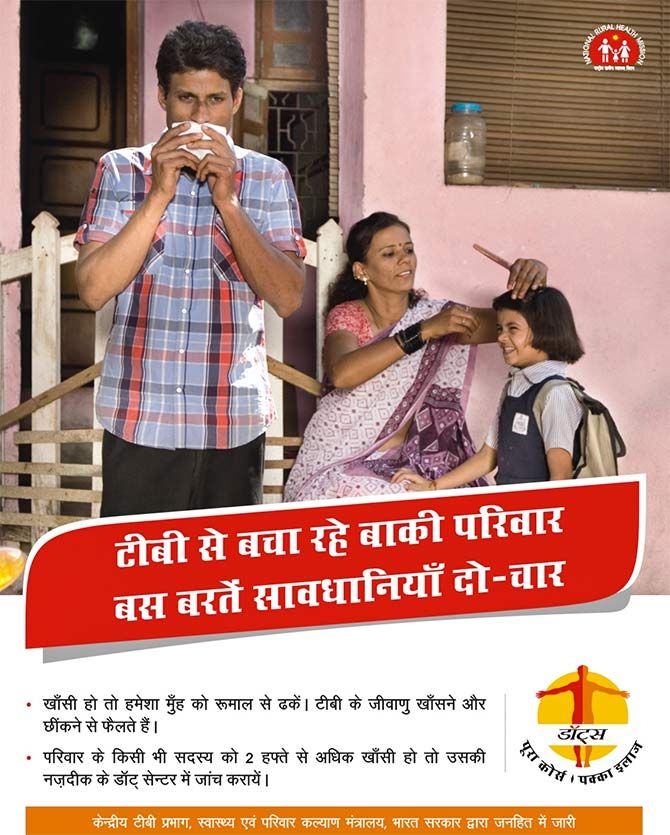
The first World Health Organization monograph on the links between TB and tobacco was published in 2007. The evidence base has only increased since then.
Studies consistently find that smoking increases the risk of developing active TB, is linked with more severe presentations and longer duration of TB, makes treatment for TB less effective -- increasing the risk of death -- and is associated with a higher rate of relapse.
Research confirms these risks also increase among non-smokers exposed to secondhand tobacco smoke, mainly children.
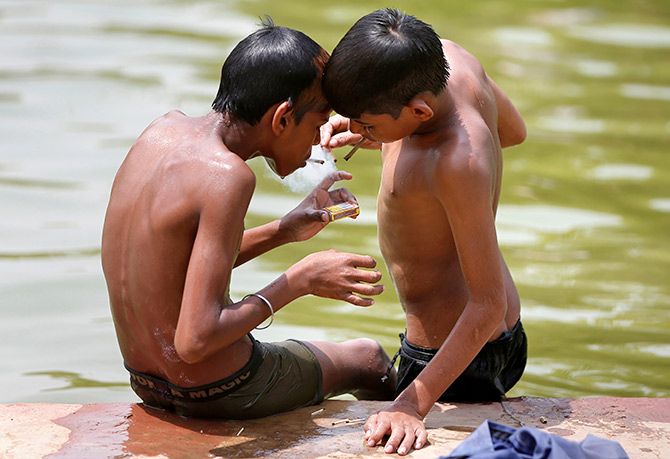
There is little doubt that India's tobacco epidemic is contributing to its TB epidemic.
Over 103 million adults (15+ years old) and 625,000 children (10 to 14) use tobacco each day.
Our most recent Tobacco Atlas notes that 7.9 per cent of TB-related deaths in India are specifically related to tobacco use -- but it is a factor in many more of the 2.79 million cases of TB in India in 2016 alone.
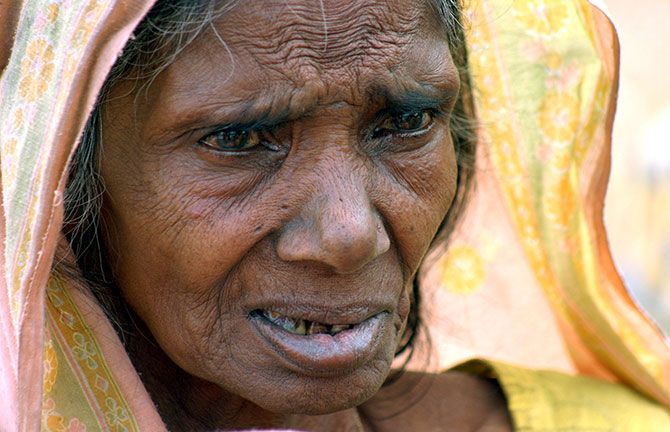
From a physiological perspective, tobacco smoke (for smokers and those exposed to SHS) is a risk factor for TB as it damages vital immune cells in the lungs.
This harm is similar to other forms of air pollution that cause disease, such as dust from mining.
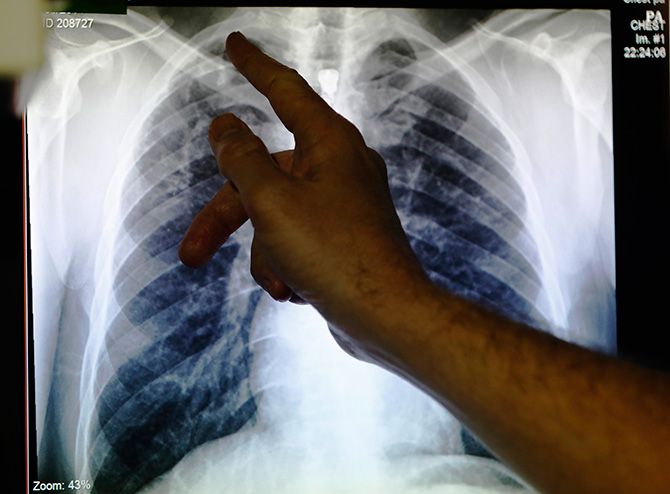
In addition, there is a behavioral reason for the heavy toll of TB among smokers: a key barrier to timely diagnosis and treatment is the assumption that a persistent cough is related to smoking, rather than an indicator of TB.
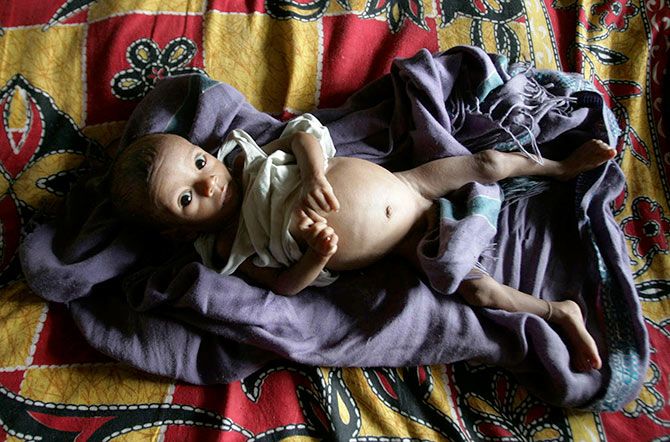
The Government of India, recognising this risk, was the first in the world to launch a mass media campaign designed to alert the population to the links between TB and tobacco.
'TB Cough' shows tobacco consumption and exposure to SHS increases the risk of TB and of dying from the disease.
It encourages smokers to visit their doctor to confirm whether a persistent cough is a sign of TB, and to quit tobacco use.
The striking central message of the campaign: 'Every bidi, cigarette brings you and those around you closer to TB'.
Our research indicates that this campaign will have made a difference.
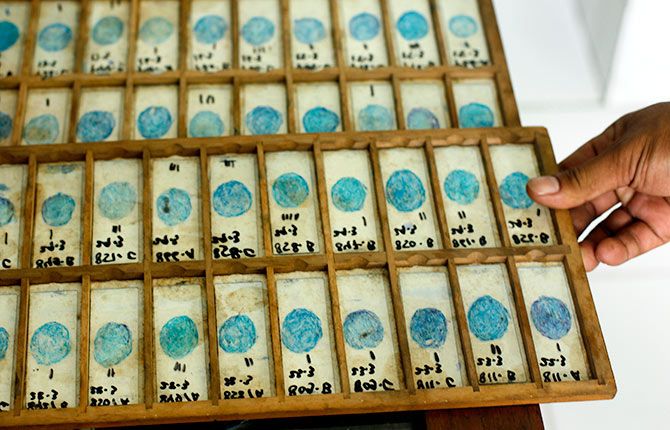
During rigorous pretesting with a target audience, 'TB Cough' made respondents 'feel sympathetic to those with TB', 'made them feel concerned about symptoms of TB', 'made them more likely to visit a doctor if they had TB symptoms', 'increased their confidence to take TB medications if they got sick' and 'made respondents feel more concerned' about smoking around others.
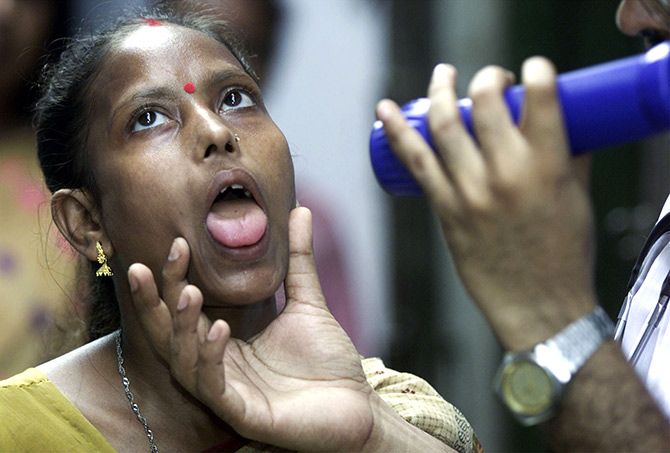
Other campaigns that warn of the health harms of tobacco -- like 'Clinical' -- will also help reduce smoking in India.
While most smokers quit without help, this campaign was the first to promote the national quit-line as a source of advice for smokers who need support.
Neil W Schluger is Senior Advisor for Science, Vital Strategies.
Vital Strategies, according to its Web site, partners 'with governments to rapidly design and implement public health initiatives that bridge the gap between public health needs and solutions, especially in low- and middle- income countries.'












